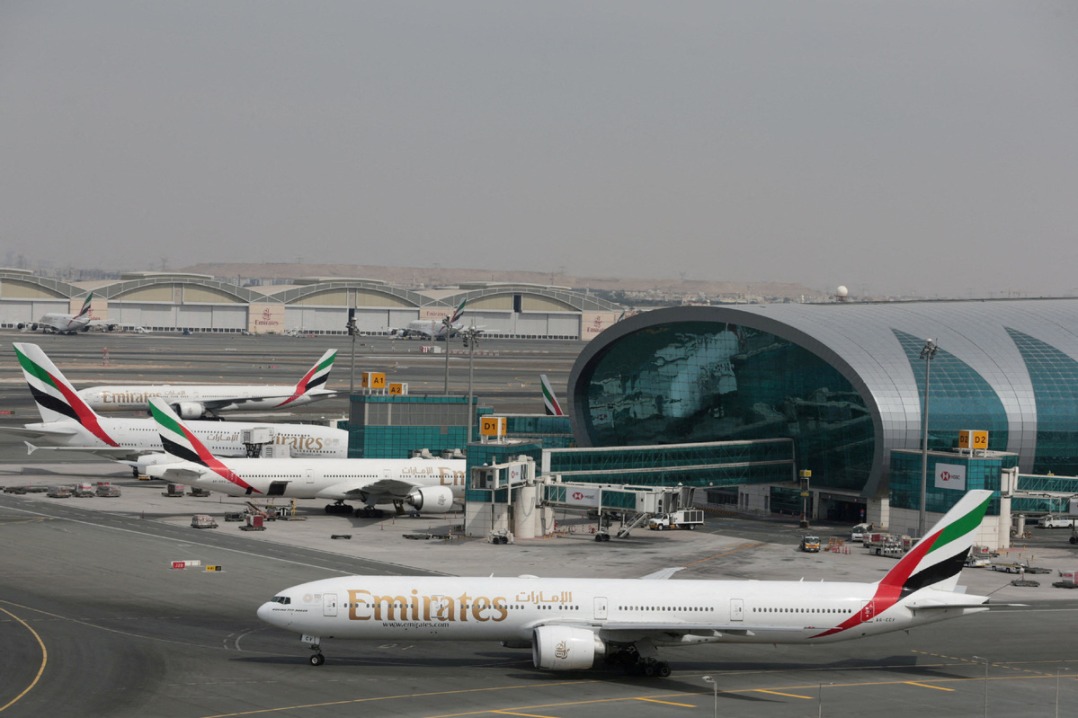US Tariffs May Lead to Increase of Chinese Products into EU
Europe has long been concerned about what it perceives as 'dumping' from China, referring to the influx of goods like solar panels that flood the market and undercut European manufacturers' prices. The European Union voiced this apprehension during a recent phone call between European Commission President Ursula von der Leyen and Chinese Premier Li Qiang.
According to the EU's official statement, President von der Leyen emphasized China's crucial role in addressing potential trade diversions caused by tariffs, particularly in sectors already struggling with global overcapacity. These concerns arise as Chinese exports to the United States are anticipated to decline sharply in the coming months, following the implementation of a 145% tariff rate by the US this month. Lynn Song, Chief Economist for Greater China at ING, predicts a significant drop in trade between the two countries.
While Chinese exports surged 12.4% in March compared to the previous year due to companies rushing to ship goods before the tariffs took effect, this export spike is unlikely to last. The trade war initiated by President Donald Trump has the potential to reshape global markets rapidly. Thierry Wizman, a global foreign exchange and rates strategist at Macquarie, suggests that if exports from Asia are diverted from the US, they may flood the European market, leading Europe to impose its own tariffs on imports from Asia.
The effects of this shift are already emerging. Chinese shippers are reportedly reselling US energy products, initially intended for China, to Europe. Henning Gloystein, head of energy, climate, and resources at Eurasia Group, notes that US exporters of liquefied natural gas are redirecting shipments originally destined for China to Europe, signaling a potential 'dumping debate' on Europe's horizon.
The EU has previously stated concerns about the 'unbalanced' nature of EU-China trade relations, citing a lack of a level playing field and a growing trade deficit fueled by illegal subsidies. Last year, the EU recorded a record trade deficit of 304.5 billion euros ($347 billion) with China.
Despite these concerns, the EU seems keen to avoid a broader trade war. Von der Leyen and Li discussed methods to track trade diversions and address future developments during their recent phone call. The EU possesses some leverage over China, as demonstrated by its announcement of significant tariffs on Chinese EV imports last year, with ongoing negotiations to determine the specifics. China, meanwhile, is eager to strengthen its alliances amid the global trade tensions. Chinese leader Xi Jinping recently commented on the tariffs during a meeting with Spanish Prime Minister Pedro Sanchez, advocating for China and the EU to jointly reject unilateral actions and safeguard economic globalization and the international trade environment.










